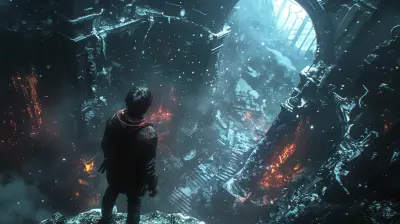Crafting Spells and Summoning Beasts: Magic Systems in Focus
20 September 2025
Magic has always been the beating heart of fantasy games. Whether you're hurling fireballs at skeletons or calling forth a god-sized beast to do your dirty work, magic systems bring that wild, limitless feeling to gameplay. But not all magic is created equal. Some games let you type incantations with perfect rhythm. Others hand you a spellbook the size of an encyclopedia. And some just want you to mash buttons and deal the damage.
In this article, we’re diving deep into the mystical waters of magic systems in video games. We're talking spellcraft, summoning, the good, the bad, and the wildly overpowered. If you’ve ever wondered why some games’ magic feels like a chore while others make you feel like a true sorcerer supreme — you’re in the right place.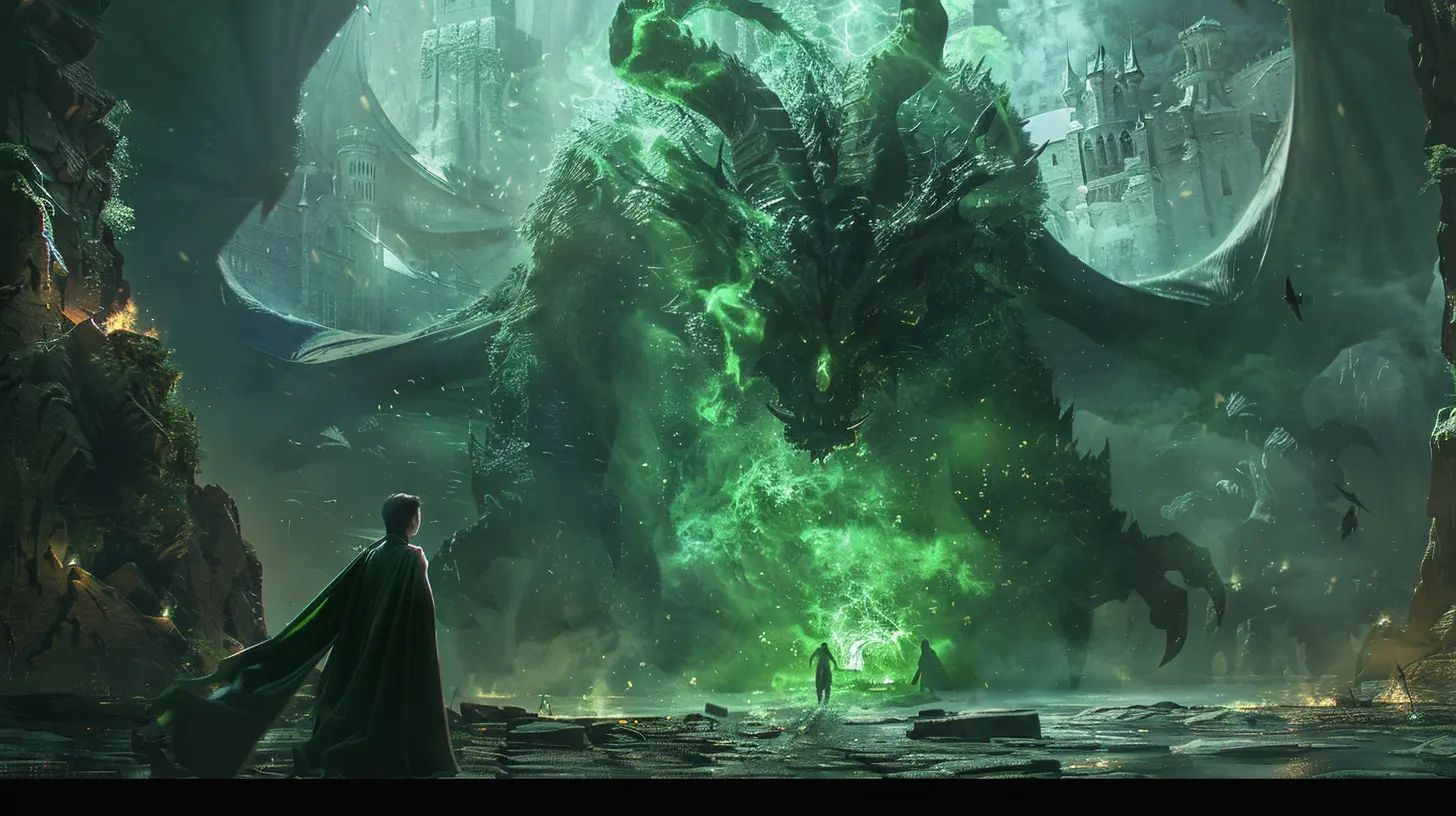
What Makes a Great Magic System?
Let’s kick things off with a basic question: What makes a magic system, well, magical?The best systems don’t just let you cast spells — they make you feel like you earned that fiery explosion. A great system blends lore, gameplay, balance, and player creativity. It should make you think, plan, and experiment. Think of it like cooking: anyone can throw stuff in a cauldron, but only a master can whip up a soul-snatching soufflé.
Here are the key ingredients:
- Mechanics: How do you cast spells? Is it turn-based, real-time, or rhythm-based?
- Customization: Can you combine elements? Can you create your own spells? Do you level them up?
- Resource Management: Mana, cooldowns, scrolls — what’s the cost?
- Lore Integration: Does it feel like the magic belongs in the world?
- Balance: Is it overpowered or laughably weak?
Now, let’s break it all down and look at how different games tackle magic.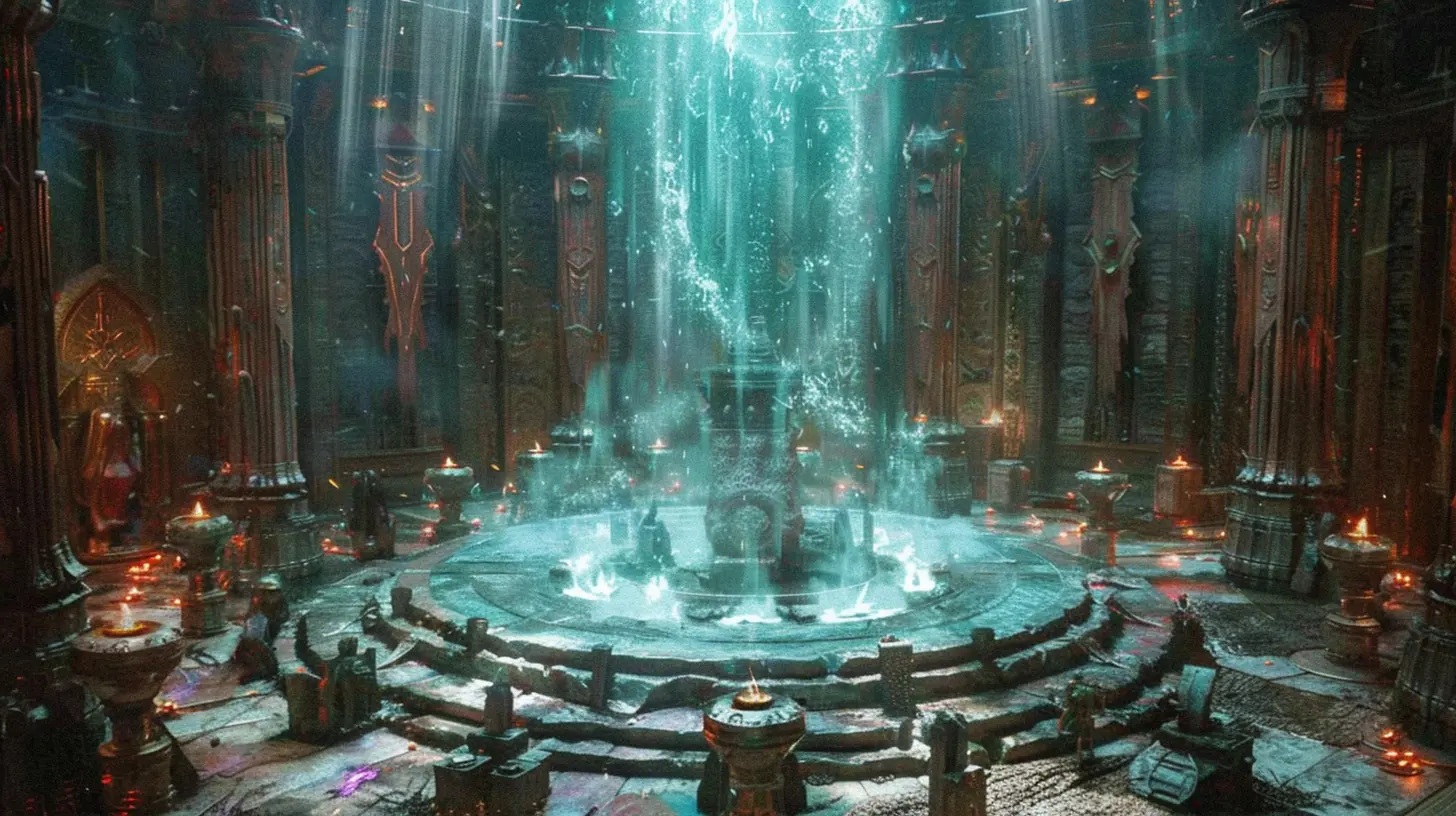
Spellcrafting Systems: Mixing, Matching, and Mastering
1. The Alchemy of Spell Creation
Some games hand you raw elements — fire, water, air, earth — and say “go wild.” These systems are all about experimentation.Take something like Magicka, where you literally combine different elements (like water + ice + lightning) to create unique effects. Want to freeze a river and zap your enemies standing on it? You can.
This kind of spellcrafting turns you into a magical scientist. You’re not just pressing buttons — you’re inventing magic. Sure, it can be messy. You might accidentally nuke your entire party. But hey, that’s half the fun.
2. Modular Magic: The Customizable Arsenal
In games like Divinity: Original Sin 2, spell customization is more about synergy than chaos. You can stun enemies in water with electricity, ignite oil with fire, or use blood to summon a minion. It’s tactical spellcrafting — like playing chess, but every piece is on fire.This modular approach lets you use the environment in clever ways, rewarding smart play over raw power. Suddenly, a puddle isn’t just a puddle — it’s your new weapon.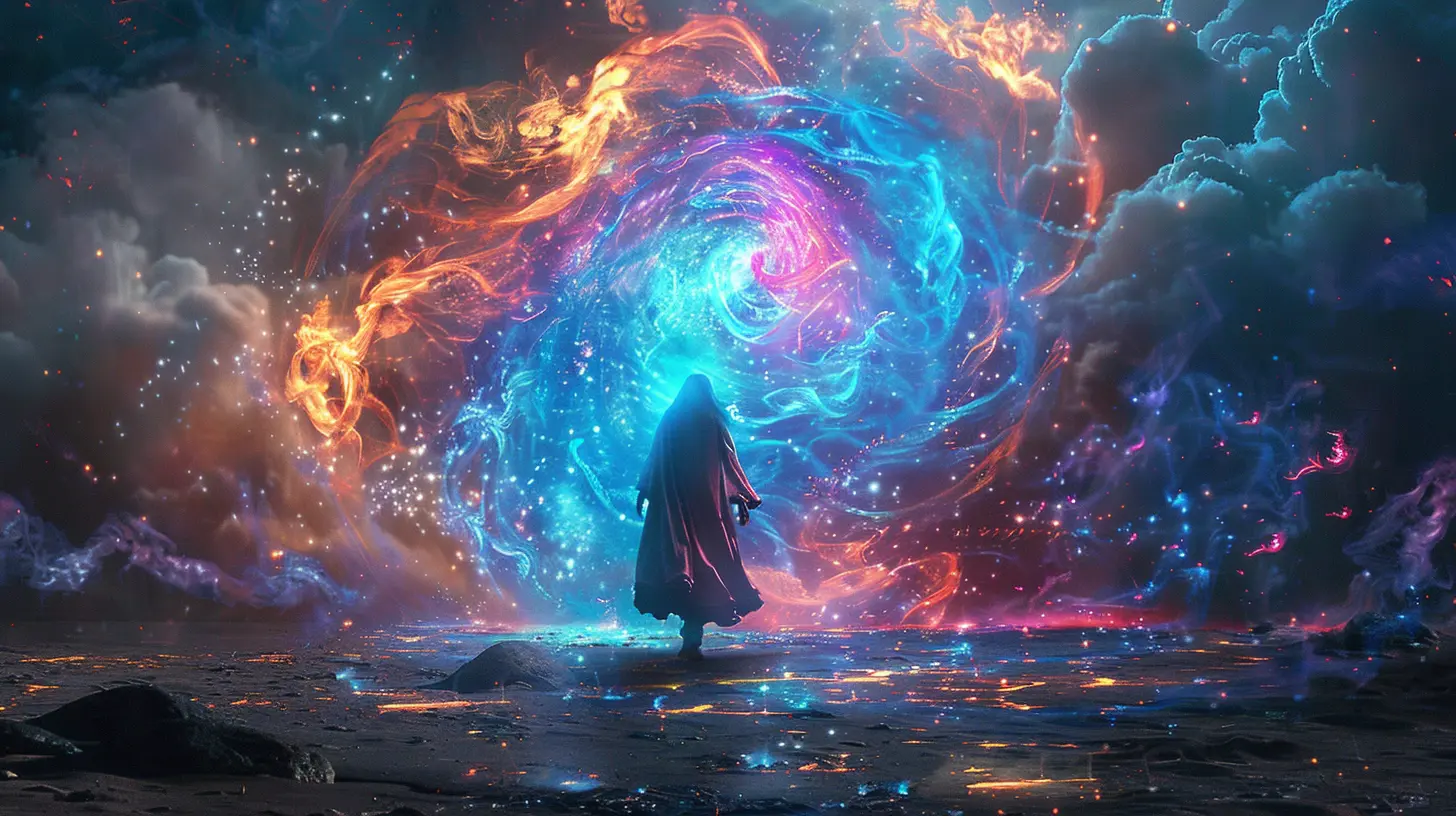
Summoning Systems: Calling the Big Guns
1. The Art of the Summon
There’s something deeply satisfying about summoning a massive beast to fight by your side. Whether it’s a fiery phoenix or a skeletal titan, summons often act as your magical muscle.Games like Final Fantasy practically built a brand on epic summoning sequences. Every time you call in Bahamut to raze the battlefield, it feels like a mic drop. These summons are more than just flashy animations — they’re strategic tools that can turn the tide of battle.
2. Summoning as Gameplay Strategy
Not every game treats summoning like fireworks. Some titles, like Elden Ring or Dark Souls, make it more tactical. Spirits and allies can distract enemies, deal heavy damage, or apply unique status effects.In strategy-heavy games like XCOM: Chimera Squad or Disciples II, summoning brings a layer of complexity. You’re not just picking spells—you’re managing units, planning turns, and adapting to the battlefield.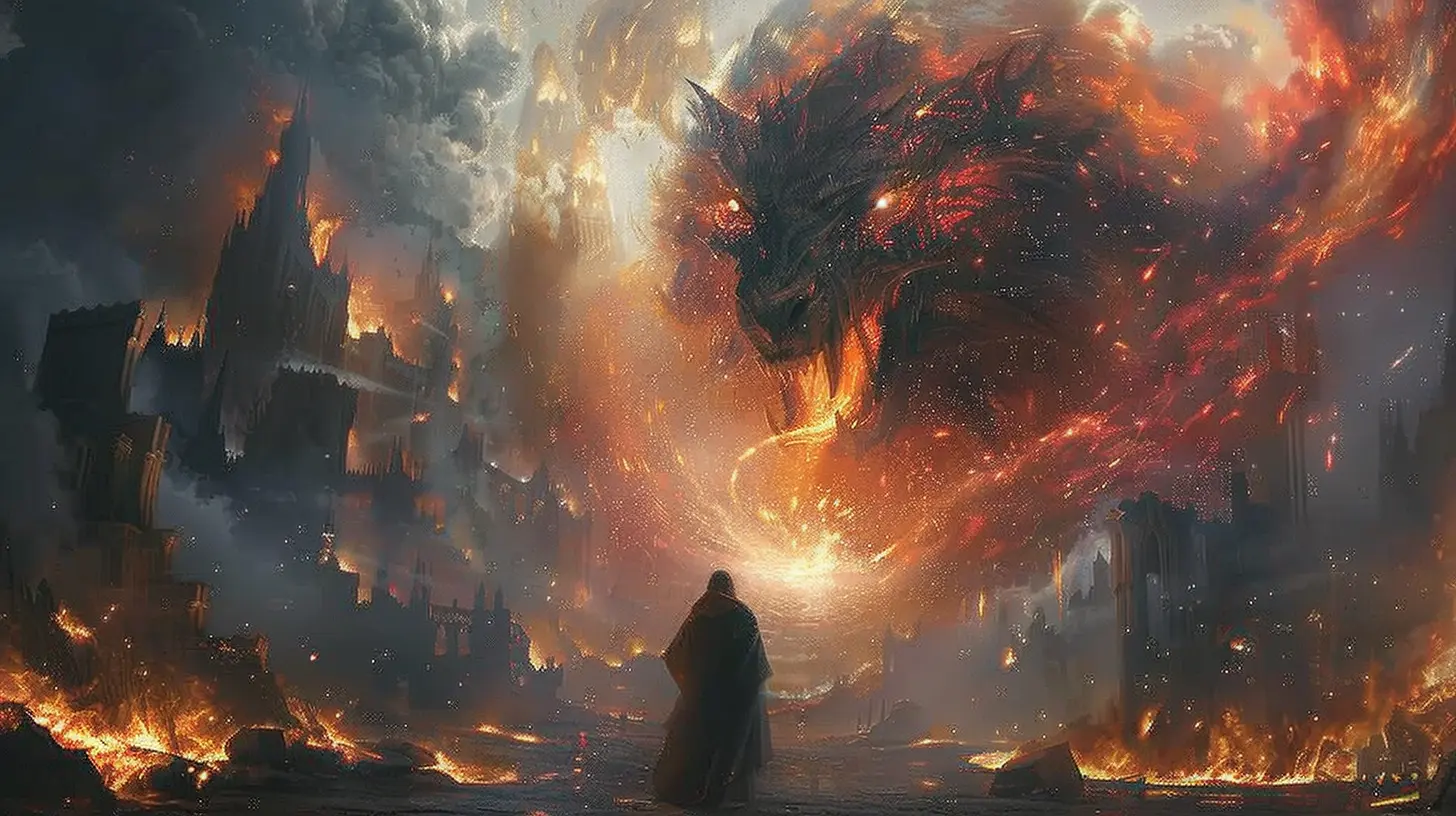
Real-Time vs. Turn-Based Magic
Real-Time Systems: Fast and Furious Spell-Slinging
Real-time magic systems give you that instant gratification. Think Skyrim or The Witcher 3. You pull the trigger, the spell fires, and boom — fireball to the face.The appeal? It’s visceral. It feels powerful. But it’s also simple. Most of the time, you’re limited to a handful of spells. There’s less room for complexity, more focus on timing and reflexes.
Turn-Based Magic: The Chess of Sorcery
Now enter turn-based combat. Games like Persona or Octopath Traveler slow things down, letting you really think about your next move. It’s all about managing buffs, debuffs, elemental weaknesses, and Mana Points like a financial planner for wizards.This approach is brainy and strategic. It rewards careful planning and punishes spamming. If real-time magic is a rollercoaster, turn-based is a game of poker — and your spells are your hand.
Magic and Lore: When Spells Tell Stories
Magic should never feel tacked on. The best systems are baked into the world’s lore, culture, and history.In Dragon Age, mages are feared and regulated — using magic feels dangerous and political. In The Elder Scrolls, you can find ancient tomes and lost spells hidden in tombs, making it feel like you’ve uncovered something powerful and forbidden.
A lore-rich magic system adds weight to your actions. Casting a forbidden dark spell in a town square? That should have consequences beyond just burning NPCs.
Magic as Progression: Growing Your Arcane Arsenal
Unlocking New Powers
A good magic system evolves with the player. You don’t want to be stuck with “Fireball I” for 80 hours. You want new spells, upgrades, and branching trees of power.Games like Path of Exile and Diablo give you massive skill trees with countless ways to tweak and tune your magical loadout. It’s not just about becoming stronger — it’s about becoming more you.
Skill Trees and Specializations
“Are you a necromancer with a dash of ice magic?” “A fire-mage who can also heal?” These choices matter. The way you build your skill tree tells a story — not just of power, but of personality.These systems make your character feel unique. No two mages in Grim Dawn or Torchlight are ever quite the same.
Balancing the Arcane: Power vs. Fairness
Let’s face it: magic can break games. One overpowered spell, and suddenly you’re playing on easy mode. The best systems balance power with cost.- Want that massive death laser? Cool. But it better eat up most of your mana bar.
- Summoned a dragon? Great — but maybe now enemies are targeting you.
- Need to heal your party? You can — but maybe that means skipping your attack turn.
Balance keeps the game challenging and interesting. Overpowered spells might feel fun short-term, but they kill the long-term thrill of rising through the ranks.
The Future of Magic Systems
Where are we headed? Short answer: more freedom, more interactivity, more creativity.Games like Larian Studios’ Baldur’s Gate 3 are already pushing the envelope. Their turn-based system combines D&D-style mechanics with cinematic freedom, environmental reactions, and spell synergy.
VR and AR may soon let us actually cast spells with hand movements and voice commands. Imagine tracing a sigil in the air to cast lightning — that’s immersion.
AI-driven enemies that adapt to your spell pattern? Dynamic spell evolution based on in-game events? The possibilities are endless.
Final Thoughts: Getting Spellbound
Magic systems are more than just cool effects — they’re the soul of any great fantasy game. Whether you're crafting custom incantations, summoning god-tier beasts, or mixing elemental chaos, the way a game handles magic can make or break the experience.And here’s the kicker: a truly great magic system doesn’t just let you cast — it makes you want to learn, experiment, and master. Like any good fantasy tale, it pulls you in, teaches you the rules… then dares you to break them.
So next time you boot up your favorite RPG, take a second to appreciate the magic of, well, magic.
Because behind every fireball is a system that someone obsessed over — so you could feel like an unstoppable badass.
all images in this post were generated using AI tools
Category:
Fantasy GamesAuthor:

Lucy Ross
Discussion
rate this article
1 comments
Melina Sanchez
Magic systems can make or break a game. The balance between crafting spells and summoning creatures adds depth, but too much complexity can overwhelm players. Keep it engaging!
September 29, 2025 at 2:42 PM

Lucy Ross
Absolutely! Striking the right balance in magic systems is crucial for player engagement. Simplifying complexity while maintaining depth can enhance the gaming experience significantly. Thank you for your insight!

